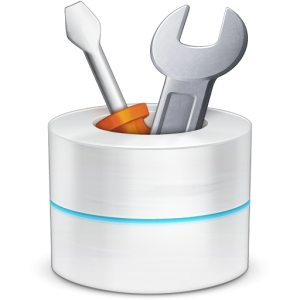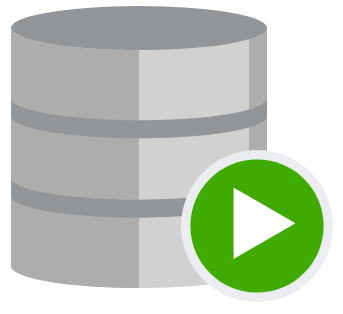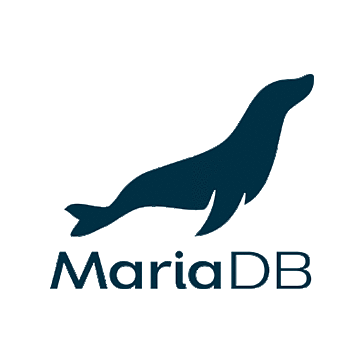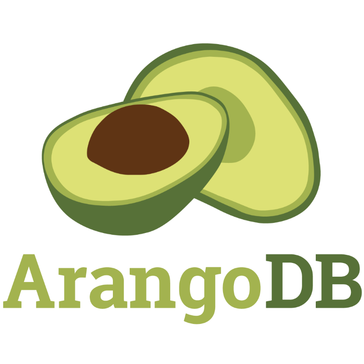
Hadoop HDFS
Hadoop HDFS is a robust distributed file system designed for storing large datasets in a Hadoop cluster or as a standalone system. It features a NameNode for metadata management and DataNodes for data storage, ensuring fault tolerance and scalability. HDFS supports various utilities for maintenance, monitoring, and configuration tuning, enhancing operational efficiency.
Top Hadoop HDFS Alternatives
MongoDB Atlas
MongoDB Atlas is a fully managed cloud database that simplifies the deployment and scaling of MongoDB.
ImportOmatic
Omatic Cloud ImportOmatic+ transforms how nonprofits manage data imports by providing tailored mapping, formatting, and transformation rules.
Zoho Creator
Zoho Creator is a custom business application builder that helps a user build an online database system.
Redis
As the world's fastest in-memory database, Redis empowers developers to seamlessly build and deploy AI applications.
Teradata Database
Teradata Database is a relational database management system. It was...
Aerospike
Aerospike Database empowers organizations to efficiently handle diverse data processing needs, from document transactions to graph traversals and vector searches.
phpMyAdmin
Users can effortlessly manage databases, tables, and user permissions through an intuitive interface while still...
Sequel Pro
It streamlines the process of connecting to MySQL databases, whether hosted locally or remotely...
SQL Developer
This is a free non-native database management software that has been designed to operate within...
Pentaho Business Analytics
This robust solution enhances visibility into data pipelines, accelerates insights, and supports hybrid cloud environments...
MariaDB
Offering multi-model data support, real-time analytics, and exceptional security features, it empowers organizations to scale...
ArangoDB
With features like flexible JSON document storage, integrated indexing, and AQL for diverse data access...
Amazon Relational Database Service (RDS)
With multiple database engines available, it enables quick deployment and scaling while optimizing performance and...
Amazon Athena
Users can seamlessly query various data sources, including on-premises and multicloud environments, while leveraging machine...
Toad For Oracle
It empowers users to swiftly develop SQL and administer databases while minimizing risks and costs...
Hadoop HDFS Review and Overview
Apache Hadoop is a database software that provides distributed, scalable, and reliable computing. The software is extremely efficient in big data processing, wherein simple programming templates can process data across multiple clusters of computers. The software offers smooth scale-up from individual servers to thousands of machines, each providing local storage and computation. Instead of depending entirely on hardware for delivering high availability, the software's pre-designed library can identify and manage failures right at the application phase.
Multiple Modules
Apache Hadoop remains one of the most in-demand software in organizations and companies for production and research. There are five critical modules to Apache Hadoop. For instance, Hadoop Common provides the necessary functionalities for supporting the other modules HDFS offers high throughput accessibility for data application. Hadoop YARN delivers management of cluster resources and job scheduling. Similarly, Hadoop MapReduce can process big data sets. Furthermore, Hadoop Ozone offers object storage for Hadoop.
Continuous Development
Hadoop HDFS is subject to constant development to make it efficient for the rapidly evolving computing sector. Being open-source software, anyone can contribute software to suit Hadoop modules, including Hadoop HDFS. Moreover, the software provides an issue-tracking mode to address enhancement requests through JIRA and detect bugs. HDFS Jira subproject dedicatedly collects HDFS-specific issues. Furthermore, the software has a version control system, such as the Apache jit repository that houses all source codes of Hadoop. The single pool holds HDFS, MapReduce, Yam, and other components.
Release Versioning
The typical version format of Apache Hadoop reads <major>.<minor>.<maintenance>, wherein each component is a numeric figure. These versions also bear suffixes, such as alpha1 or beta2, to denote the release quality and API compatibility. Developers use major versions to introduce notable and incompatible modifications. Similarly, minor versions represent novel compatible characteristics within a major version. Maintenance releases tend to include low-risk support modifications and bug fixes.
Top Hadoop HDFS Features
- Scalable data storage solution
- High fault tolerance
- Distributed file system
- Cost-effective storage option
- Supports large datasets
- Data replication for reliability
- Integration with big data tools
- High throughput data access
- Automatic data recovery
- Open-source software platform
- Supports structured and unstructured data
- Write-once
- read-many access
- Fine-grained data access control
- Supports data locality optimization
- Seamless integration with Hadoop ecosystem
- Multi-tenancy support
- Dynamic cluster management
- Support for various data formats
- Data processing acceleration
- Extensible architecture for plugins














